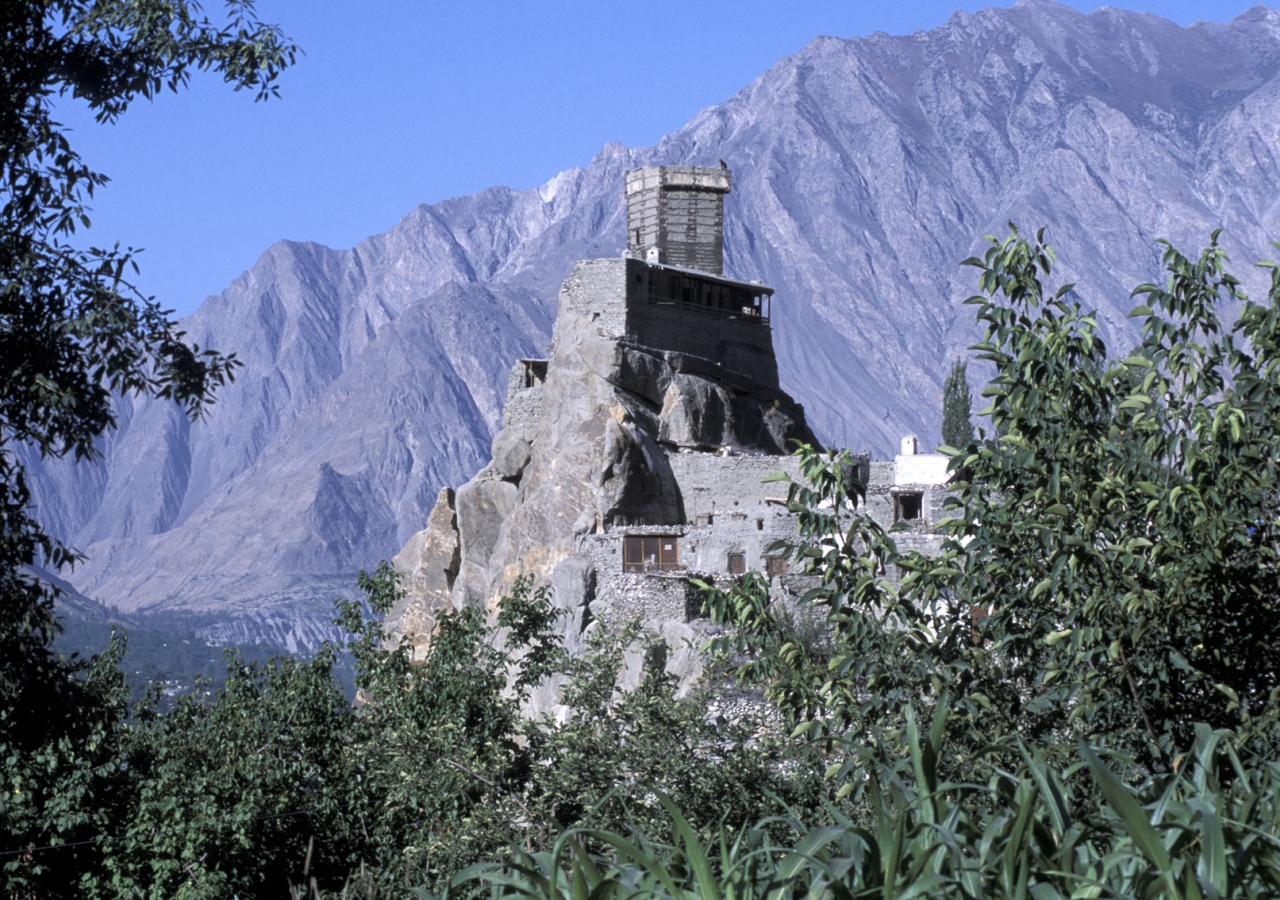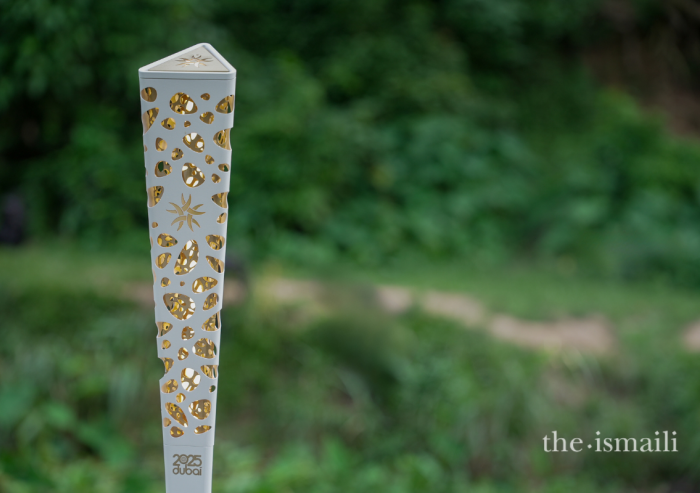“The efforts of the Aga Khan have strengthened both communities and society at large,” said James DeFrancia, chair of the 2011 Nichols Prize jury. The $100 000 prize honours the legacy of legendary Kansas City, Missouri developer Jesse Clyde Nichols (1880-1950), a founding ULI member who is widely regarded as one of the United States' most influential entrepreneurs in land use during the first half of the 20th century.
“Through the Aga Khan Development Network, progress and improvements to communities have been undertaken in over 30 countries,” said DeFrancia, who went on to explain why Mawlana Hazar Imam was selected for the award: "The Aga Khan has further been an advocate of standards of excellence through his Award for Architecture. His Planning and Building Services agency has also improved design, construction, sanitation and environmental sustainability. The efforts of the Aga Khan have strengthened both communities and society at large.”
The ULI pointed at the restoration of the 900-year-old Altit Fort in Hunza, Pakistan as an example of the scope of Hazar Imam's work. “The project focused first on improving living conditions in the local village,” the Institute said, describing the project as “but one example of the great range of endeavours undertaken by the Aga Khan and the AKDN.”
Receiving the award on behalf of Mawlana Hazar Imam, Luis Monreal, General Manager of the Aga Khan Trust for Culture, noted that “fully a third of World Heritage sites are in the Muslim world, but they are inhabited by some of the poorest people.”
“Traditional approaches to urban regeneration – which are often designed to create museums of these neighbourhoods – fail to address social and economic dimensions,” said Monreal. “The central objective of our work, therefore, is to leverage culture in pursuit of poverty alleviation.”
The Urban Land Institute is a global non-profit education and research institute that seeks to provide leadership in the responsible use of land and in sustaining and creating thriving communities worldwide. Established in 1936, the Institute has nearly 30 000 members representing all aspects of land use and development disciplines.
Mawlana Hazar Imam's selection for the award coincides with the 75th anniversary of the ULI. “We are recognising the anniversary as much by looking ahead as by celebrating our past, and this involves expanding ULI's reach to new audiences around the globe,” said ULI Chief Executive Officer Patrick Phillips. “The knowledge we gain from the outstanding example set by the Aga Khan's work will greatly help ULI broaden its approach to community building.”









